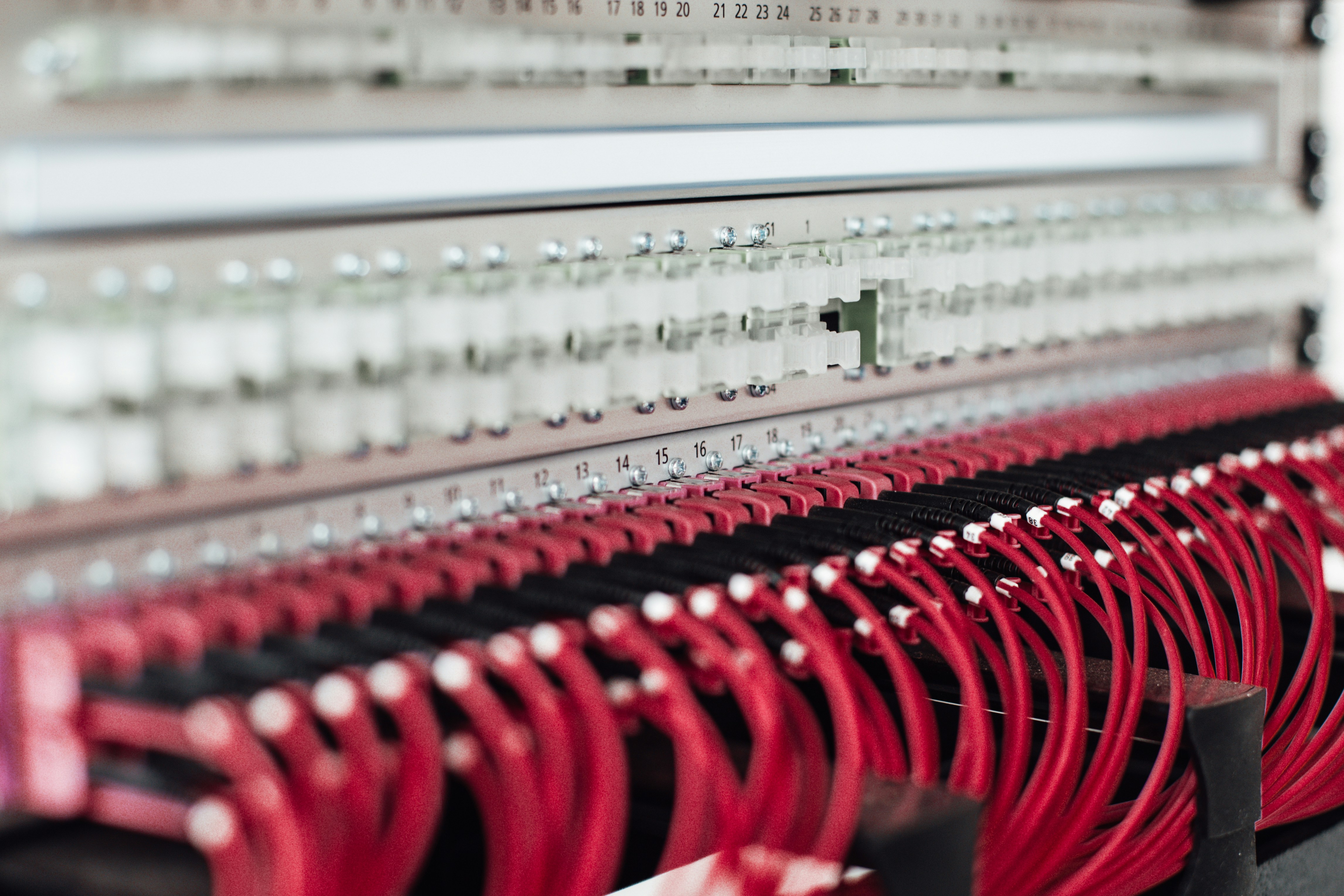Will AI repeat the legal battles that video once faced?
date
Feb 21, 2024
slug
2024-will-AI-repeat-the-legal-battles-that-video-once-faced
status
Published
tags
copyright
AI
legal battles
YouTube
DMCA
video
type
Post
summary
In 2006, every analyst thought Google would have endless legal battles when it bought YouTube. Will the same happen with AI?

In the early days of YouTube, after Google acquired it in 2006, it became the center of a legal storm. Content creators and copyright holders accused YouTube of inherently facilitating copyright infringement. This led to numerous lawsuits, the most notable being Viacom v. YouTube. This landmark case tested the limits of copyright law in the digital age. Google's victory set a precedent, underlining the importance of the Digital Millennium Copyright Act's (DMCA) safe harbor provisions for service providers. Now, AI companies such as OpenAI, Google, and Microsoft are charting a new technological frontier. They are developing AI platforms that use vast amounts of data, including copyrighted material, to train their algorithms. This usage has sparked a debate similar to the early challenges faced by YouTube, raising questions about copyright infringement and the future of content creation in the age of artificial intelligence.
AI development requires a lot of data. AI models, especially those based on machine learning and deep learning techniques, need extensive datasets to learn and make predictions. This requirement is where the potential for copyright infringement arises. Many AI companies use publicly available information, including copyrighted texts, images, and videos, to train their models. This situation is similar to the issue YouTube faced, where user-uploaded content often included copyrighted material without proper authorisation.
YouTube's legal challenges, notably the Viacom case, focused on the platform's alleged role in promoting copyright infringement. However, Google successfully argued that YouTube was protected under the DMCA's safe harbor provisions. These provisions shield service providers from liability if they take adequate steps to address copyright violations upon notification. This victory was crucial, affirming that platforms hosting user-generated content could operate legally, provided they adhere to certain guidelines.
The situation with AI companies is similar yet distinctively different from YouTube's case. Unlike YouTube, where the dispute was over the distribution of copyrighted content, the contention with AI is about the consumption and processing of copyrighted material to train algorithms. This situation raises a new question: does the use of copyrighted content for training AI models constitute fair use, or does it infringe on the copyright holders' rights? There is little to argue because the use of any asset, digital or not, for profit, is to be considered commercial.
The current legal frameworks, including the DMCA in the United States, were not designed with AI in mind. This gap creates a gray area ripe for legal exploration. Copyright holders may argue that AI companies' use of their content without consent or compensation infringes on their exclusive rights. On the other hand, AI companies might argue that their use of copyrighted material qualifies as fair use, as the trained models do not reproduce or distribute the original content but generate new, original outputs.
The risk of lawsuits against AI companies like OpenAI, Google, and Microsoft is significant, given the current legal ambiguities. Just as YouTube's legal battles led to adjustments in how copyright law applies to digital content platforms, the challenges facing AI companies could prompt a reevaluation of copyright law in the AI context. This reevaluation would address copyright holders' concerns and ensure the development of AI technology isn't hindered by legal uncertainties. There has not been a major legal battle that the tech corporations have lost so far, due both to the competence of their legal departments and the intense lobbying done on both sides of the Atlantic. It’s unlikely to see the trend change now.
This does not mean the battle is settled. If tech firms know they can circumvent issues with their legal weight, it is also true that resistance will somehow happen. Nightshade, an application created by a Chicago professor, follows the proposition he developed in a paper called “Prompt-Specific Poisoning Attacks on Text-to-Image Generative Models”. In short, it “poisons” data in a way that AI “un-learns” things, so it could be a powerful deterrent to stop AI from sifting anything they deem fit. Legal battles are seldom thrilling and fair; the resistance units in a guerrilla mindset are the opposite. Stay tuned because this is not a battle that will fade out when the next Internet crazy meme comes out. Sane societies align their courts with societal interests. Will the courts protect us, or will the lobby with endless money prevail?